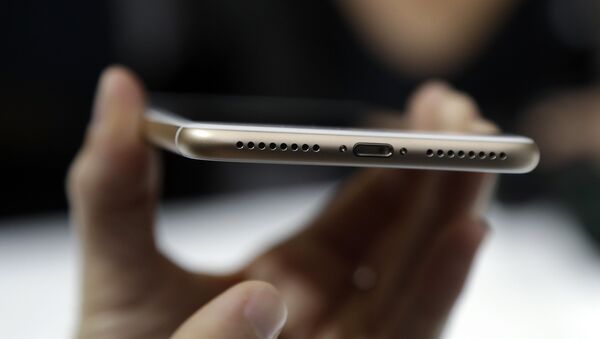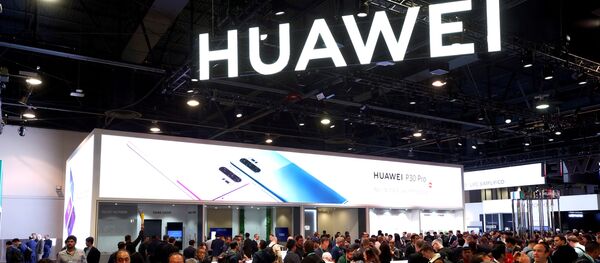An official from the European Parliament told reporters that the proposal - earlier discussed by EU lawmakers - would eliminate tons of electronic waste, for which the current multitude of styles and tech have been blamed.
According to EU officials, electronic chargers reportedly produce over 51,000 metric tons of waste annually in the European Union alone. A standardized charger would also reduce retail endpoint pricing for new smartphones and tablets.
The EU reportedly first discussed the move 2009. At the time, the European Commission reportedly reached a preliminary understanding with major industry players including Apple, Samsung and Nokia. Arrangements were later abandoned, however, as relentless business-driven competition appeared to outweigh the humanitarian and ecological incentive.
Matteo Doni, chief tech blogger for the TechTravelGeeks.com website suggests that the renewal of this initiative is the right move, but questions the pace lawmakers are suggesting to bring the efforts into law.
Sputnik: This week, members of the European Parliament have been urging the European Commission to force technology companies to adopt a single universal charging method.
Matteo Doni: This is an interesting case where it highlights how behind the technology curve legislators often are.
So the EU has been at this for around about 10 years; they already had a signed letter of intent from Apple and other technology companies to try and pare down technology options, but Apple had previously been using a loophole to say that they also offered adapters for micro USB and continued using their proprietary Lightning connector.
Now what the EU is doing at the moment is great - they are trying to protect consumers and offer a simpler standard for everyone, but probably by the time they finish with the legislation, we will have already moved to a new technology.
It's pretty much meaningless, from an actual technology standpoint. I think from an idealistic standpoint it's a good thing, but they're trying to force Apple to use a standard that all other phone manufacturers, especially Android vendors, use, and even Apple uses on their other devices such as MacBooks and the newer iPads.
Sputnik: Why is a universal charging port so important?
Matteo Doni: So there are two ways of looking at it. It would be great if there was a universal charger and data connector.
In a way we almost have that; we have the USB standards and there are lots of different ways of using that; Apple uses it with a lightning connector, there's USB type C, which is close to the universal standards. It can pass through a lot of data and a lot of power.
Previously, there was a micro USB, which is now being phased out, and so it's a good thing for consumers, but, then again, it may be limiting in terms of innovation for these tech companies.
The good thing about having a universal adapter means that there should be less need to renew the cable. If you buy a new phone, you don't need a new cable because if your other one is still working, that's great.
There's also going to be more competition as to who can make and sell the cables. One of the reasons Apple has stuck with a lightning connector for so long is that they own the tech and they can essentially charge all makers of cables for the licensing to that.
Sputnik: Are these moves seen as an overreach for the EU?
The fact that we won't need to be buying as many cables as we used, to the fact that we'll be able to use the ones we have for longer, is going to be very beneficial if done at scale, and the European Union has the capacity of influencing that.
My only worry is that, as always, legislators, by the time they actually get into action with regards to technology, the technology that they’ve legislated on is obsolete or no longer relevant.


